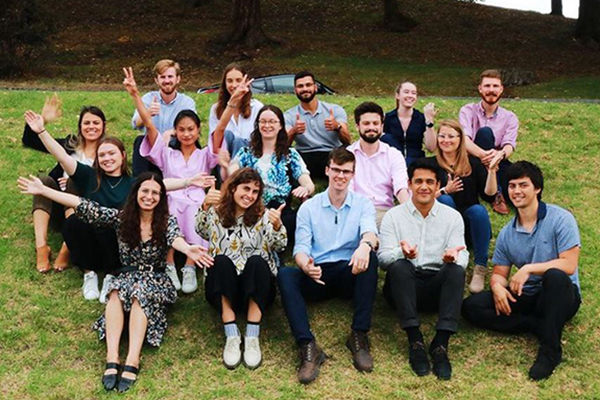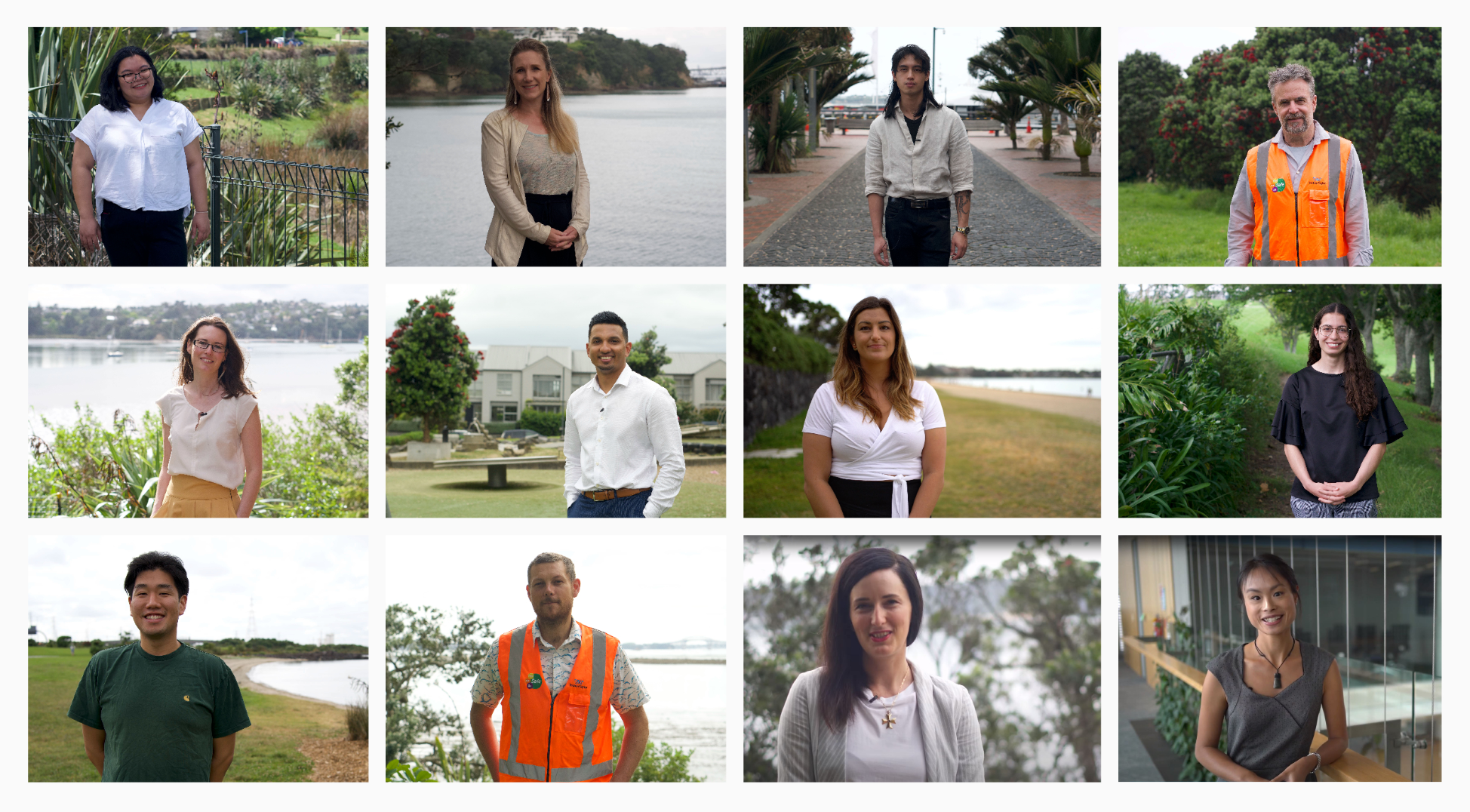Finalist

After experiencing rapid growth over a short period of time, Tonkin + Taylor Group Ltd sought to ensure the correct practices were in place to support a larger, more diverse workforce.
Tonkin + Taylor is a specialist environmental and engineering consultancy with offices in New Zealand and Australia. Its multi-generational workforce is made up of more than 50 nationalities and in the past decade has grown 136 per cent to 1044. There has been 28 per cent growth in the past three years alone.
Diversity, Equity, Inclusion and Belonging Programme Coordinator Talia Ritchie says while the growth is positive, it highlighted a problem.
“We did not have the correct mechanisms in place to support a larger, more diverse workforce. It was clear that improved practices were needed to represent our people, meet their needs, and provide a working environment supportive of both professional development and personal participation.”
Recognising the need to be better, Pathway 2025, a group-wide strategy, was developed and launched with diversity, equity, inclusion and belonging (DEIB) at its core. The strategy was developed with input from across the organisation in form of focus groups and workshops and endorsed by the Group Board.
As an employee-owned organisation of more than 1000 staff with a flat leadership structure it was important that leaders across the business - and their peers - had access to new initiatives that embraced DEIB. The re-focus on sustainability is led by Dr Brett Ogilvie, Executive Director Sustainability, and actively supported by Managing Director Dr Tim Fisher. Tonkin + Taylor has also invested in developing a Diversity, Equity, Inclusion and Belonging programme coordinator role to design and drive initiatives across the group.
Rather than being one initiative, Pathway 2025 is a change in focus and a recognition that a one-size-fits-all approach doesn’t work when it comes to inclusion. It includes a focus on the organisation’s values, including creating a culture where everyone feels empowered to deliver, and a culture where people bring their whole selves to work. Its strategic priority includes striving to be better, with a commitment to understanding, supporting, and reflecting the communities the business works in.
“We believe in showing leadership both internally and externally. We have stood by our values, signing up to the Engineering and Architecture sector's Diversity Accord. The Accord is committed to making engineering and architecture in New Zealand inclusive for all. Regardless of role, everyone has the right to feel they belong – where they are safe, supported and valued,” says Talia.

As part of that commitment, the company is committed to ensuring that leaders and decision makers are leading the way, that its people influence decisions and developments, and that fair and inclusive treatment from and for everyone, including all organisations the company works with, is expected.
“To live our values ‘Everyone matters’, ‘Empowered to deliver’ and ‘Excellence every day’, we believe it is important that our initiative touches both current and future leaders to have a true impact and bring results out of the boardroom and into the working environment,” says Talia.
This is evident in initiatives designed to support Māori and Pacific People and improve representation, create a supportive, safe and adaptable environment for disabled employees, and support LGBTTQIA+ workers, currently under-represented in the industry.
In addition, a number of initiatives have been introduced to nurture growth and support leadership development. This includes a programme to develop mid-career women, and opportunities for internal mentoring.





